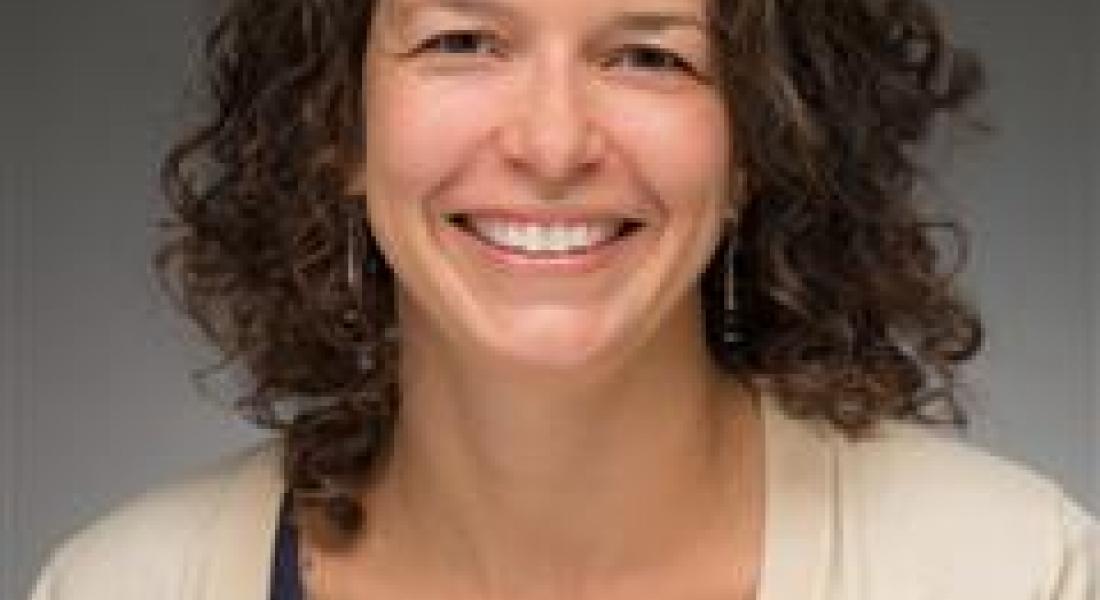
Faculty Fellow Mariana Candido has won a 2017 American Council of Learned Societies fellowship to complete a book project on women and property accumulation in 19th-century Angola that looks at African women’s unique role in the economic transformation that followed the end of the transatlantic slave trade.
“The 19th century was a moment of profound change, with the end of the transatlantic slave trade and the transition to the cash-crop economy, but few scholars have paid attention to these changes in Angola and how they affected women,” says Candido, a historian who has focused her research on west-central Africa—16th- to 19th-century Benguela and present-day Angola.
“I am addressing these gaps by examining the lives of women as traders, slaves, farmers, and land and business owners.”
While the South Atlantic slave trade legally ended in 1850, slavery continued for another 19 years as European and North American demand for cotton, ivory, rubber, and sugarcane led to the creation of slave plantations in west-central Africa.
Candido considers the study of property rights fundamental to understanding African economic history and gender roles. By studying wills and inventories from the period, she is investigating how women accumulated wealth and property during the transition from slave exports to a cash-crop economy.
It has long been thought that African women weren’t able to own and bequeath land during the era, but she has found documents indicating that numbers of women used that route to became wealthy and transmit property to loved ones.
“I have located important records of women buying land in the 19th century—and donating land to other women,” Candido says. “I find that surprising, because previous scholarship suggests that land was not privatized before the end of the 19th century, and African women never had access to land ownership.”
Even more curious, Candido says, is that the dynamic somehow later changed during the 20th century to limit or eliminate the ability of women to own land and accumulate wealth.
“What happened to them? Why were they so powerful in the 19th century and not now?” she asks. “This is important because it will be a contribution to the scholarship not only on Angolan history and African history but Atlantic history as well, and allow me to examine the gendered nature of economic changes.”
Kellogg Institute research funding has enabled Candido to locate and digitalize primary sources from archives in Angola and Portugal that will form the basis of the book, which combines microhistories of individual women with macro analysis of the period.
She delved through piles of unorganized documents in a dusty Angolan archive in summer 2016, gathering 57 cases from women’s wills and inventories, and will add to her cases in a similar trip to Angola and Portugal in June.
“Archival research work is expensive and time consuming and doesn’t necessarily produce immediate results,” she says.
“Kellogg’s financial and institutional support is a recognition of the importance of historical research and also of how the Institute is committed to expanding our knowledge of the African past. I am extremely grateful for the community I have encountered at Kellogg and by the support I have received since coming to Notre Dame in 2015.”
Faculty Fellow Jaimie Bleck, a political scientist and fellow Africanist who herself won an ACLS fellowship in 2014, engaged with the project when Candido presented preliminary findings at a Kellogg work-in-progress session earlier in the semester.
“Many congratulations to Mariana on this well-deserved honor,” Bleck says. “It’s a fantastic project and we are all excited to learn more about women and their strategies for wealth accumulation in this period.”
Candido is one of only 71 ACLS fellows—and one of three Notre Dame historians—selected from a pool of nearly 1,200 applicants from around the country this year.
The pre-eminent representative of American scholarship in the humanities and social sciences, the ACLS offers up to a year of funding for in-depth exploration of a topic that expands the understanding of the human experience.
In addition to Bleck, previous Kellogg recipients of the ACLS fellowship in the past decade include Faculty Fellows Karen Graubart (history) and Christopher Ball (anthropology).
The Kellogg Institute for International Studies, part of the University of Notre Dame’s new Keough School of Global Affairs, is an interdisciplinary community of scholars and students from across the University and around the world that promotes research, provides educational opportunities, and builds linkages related to two topics critical to our world—democracy and human development.





